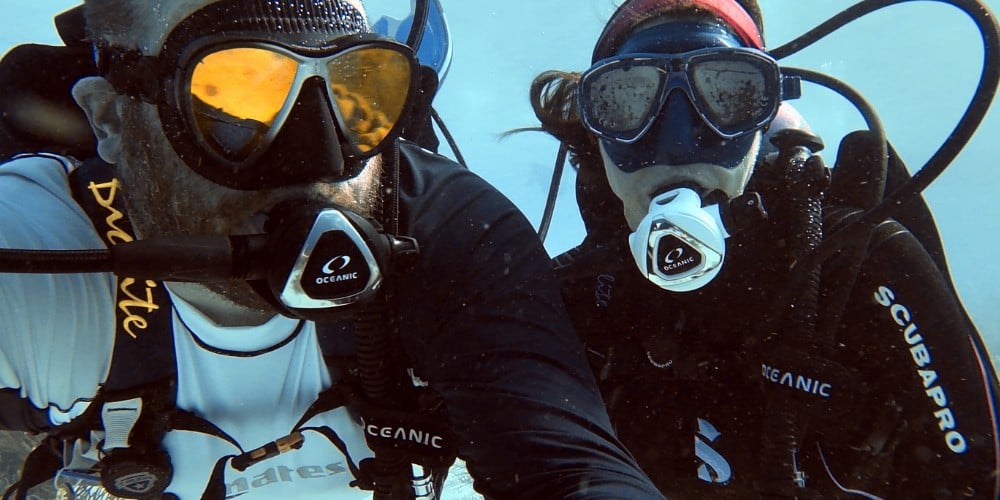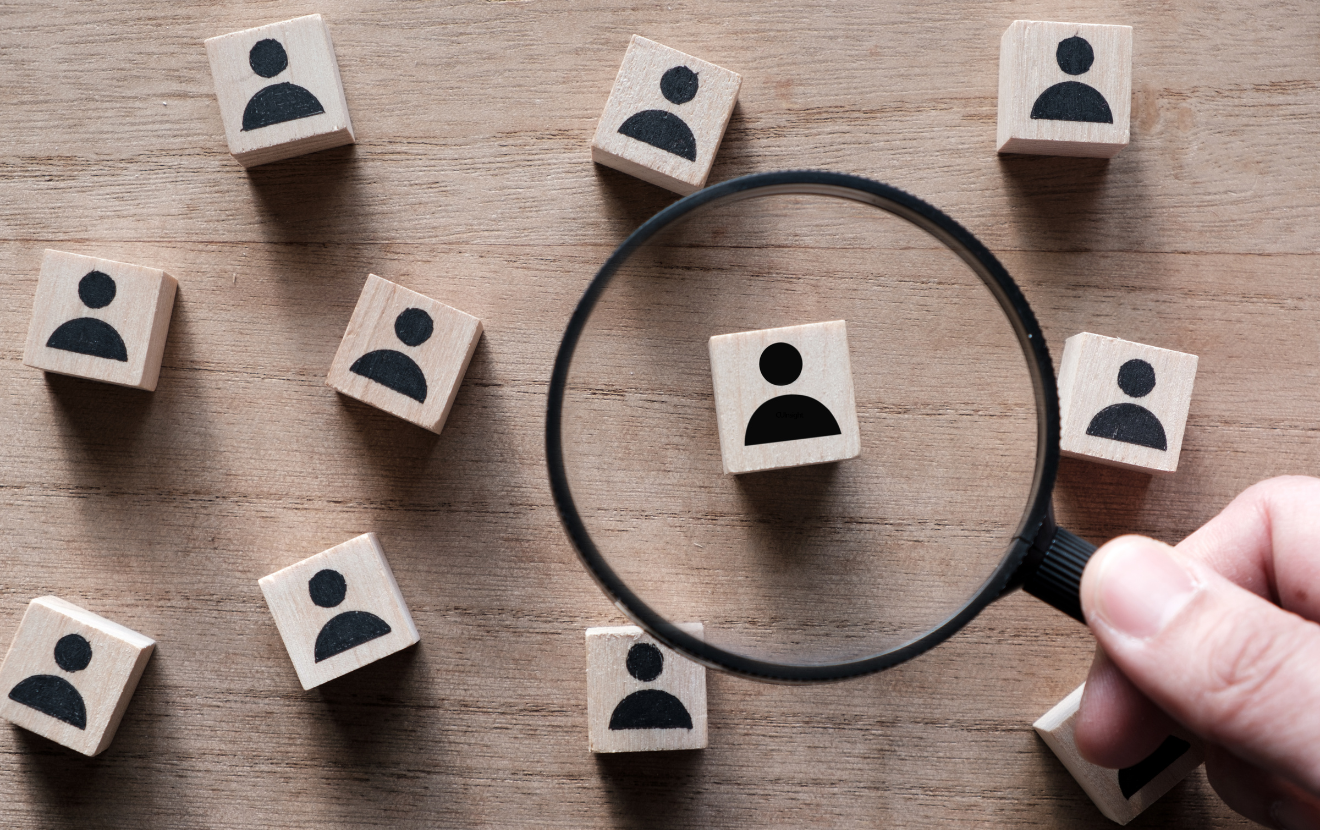Last year, I became scuba certified. My partner had been diving for a number of years and if I liked it, too, it would be a fun element to add to the travel experiences we share. I traveled alone to get certified—just in case I didn’t like it-- because I believed this would take pressure off and make it easy to excuse myself from further engagement if needed.
Fortunately, I loved it. Underwater, I found an unexpected level of peace and mindfulness. I had anticipated fear and uncertainty but it was very similar to a walk in the woods: Just like in the forest, it did not matter if I knew everything that existed in the entire area; I could see what was around me and be fully present in experiencing that. After a few dives with my instructor—and overcoming some minor discomforts (like finding the mask that fit my face) -- I knew that I would integrate diving into my life and travel going forward. My instructor assured me that I would make an excellent dive buddy and I could not wait to tell my partner that I was ready to dive with him.
About three months after I was certified, we took our first dive trip together. I was ready to show off my skills! We prepared our gear. I made an easy descent. We started to move with the group, gliding smoothly about 40 feet below the surface. The group of divers went through a narrow tunnel and consolidated into a very small space. It was unlike my previous experience of one-on-one diving, so I hung back a little, creating distance between myself and the diver in front of me. I felt good about the ease I was approaching this dive with.
Soon, it became clear that the relaxed experience I was having was not the same experience my partner was having. Randy began signaling to me and I looked at him with confusion. I did not recognize his gestures. Next thing I knew, his hand was on my arm and he was handing me off to the dive master. The master put my hand on his elbow, indicating I should hold on to him. I latched on, deeply concerned about what I had done wrong or if they could see something about my equipment that was likely to cause certain death. After a minute or two, I grew bored. I was still breathing. Everyone else seemed fine, too. I cautiously let go of the dive master, wondering if he would insist I stay with him, but he gave me the “ok?” sign and sent me on my way.
I spent a few more minutes navigating the water independently before Randy gestured it was time to go up. The total length of this dive was about half as long as my shortest training dive. I still had more than 2/3 of my air tank remaining. I began to surface, taking appropriate safety stops while wondering and worrying about what I had done wrong, sure that my unknown mistakes had ruined Randy’s dive and he would never dive with me again.
As soon as we surfaced, I asked with genuine curiosity for an explanation of what had happened. Randy explained that when he saw me hang back early in the dive, he assumed something was wrong. He attempted to make eye contact and check in on me. When I could not decipher his gestures and looked at him with confusion, he thought my eyes (behind a mask and through water) looked “different” than they normally do and interpreted it as fear. Thinking I was in danger, his protective instincts kicked in. Then, in his heightened state of concern, his breathing changed and he used a lot of air, which is why he needed to surface so soon into our dive.
Comparing notes from our experience, it was easy to see the communication comedy of errors that had occurred. Today, this story is one we laugh about, and one that offers fantastic takeaways for improved communication, both below and above water:
- Be cognizant of the stories you tell yourself.
Everything that happened on that first dive we shared? None of it was real. I wasn’t dying. Randy wasn’t angry with me. Without being able to speak with one another, we both formed our own (inaccurate) narratives. As soon as we talked, we removed the uncertainty, clarified what happened compared to what we told ourselves, and moved forward from an informed place. Too often, I find myself wrapped up in stories I tell myself—jumping to conclusions or filling in gaps when I do not have certainty. By focusing on what is real (not the story I have told myself) and asking for clarification when necessary, so many miscommunications can be avoided. All it takes is asking the question. - Define shared language as early as possible.
Common language is a key element to arriving at certainty. What one person perceives as “ease up” might be another person’s, “Hey, if you feel like it, check out this turtle.” When divers prepare to go underwater, they define the expectations of the dive on the front end and agree on signs they are likely to use if they decide to return to the boat. Establishing a shared system of communication at the beginning reduces communication challenges at critical moments. Similarly, when strategic plans talk about “growth” as being tied to increased membership or “community” being defined as both those eligible for membership and all those who work for the credit union, it creates alignment for all those working to fulfill that strategic plan. - Extend grace to yourself and others.
Not every dive is perfect: Sometimes ears take a while to equalize and the descent is slow. Occasionally, other divers will bump into you. Now and then, water seeps into a mask and needs to be cleared. Remaining calm and patient while working through challenges makes it possible to solve problems and continue with the dive. Typically, by the end of the dive, any minor disruptions faced are distant memories. Allowing ourselves to acknowledge the discomfort but step ourselves through it gracefully gets us to the right result. If we became frustrated with ourselves or panicked about the situation, it would be far more difficult to work through challenges constructively and continue moving forward. The same could be said for any type of important project work: Staying focused on the end and gracefully working through challenges always increases the likelihood of a successful outcome.
Since that first dive, we have shared a number of delightful underwater experiences. With each dive, I have felt increased confidence with my growing communication skills. I’d like to think some of these lessons have translated well above water, too.








